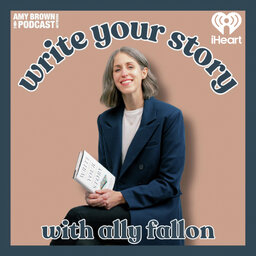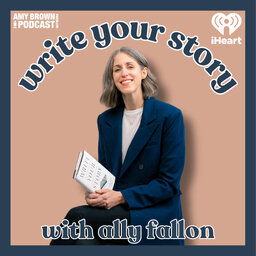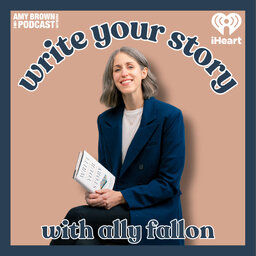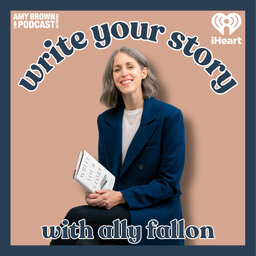What Your Writer’s Block Is Here to Show You
If you’ve ever tried to write literally anything, you’ve dealt with that familiar, sinking feeling: staring at the blinking cursor, convinced you have something to say but unsure how to get the words right. But have you ever considered that writer’s block might be about more than just trying to find the right words?
In today’s episode, I share the key idea that writer’s block is not just writer’s block — it’s life block; and ask you to consider what your writer’s block might be trying to show you.
Whether you’re on a deadline or not, writer’s block is about far more than just getting your writing assignment done. It’s about accessing your full potential and seeing clearly where your life is asking you to grow.
What’s your writer’s block trying to show you?
Host: Ally Fallon // @allyfallon // allisonfallon.com
 Write Your Story with Ally Fallon
Write Your Story with Ally Fallon


